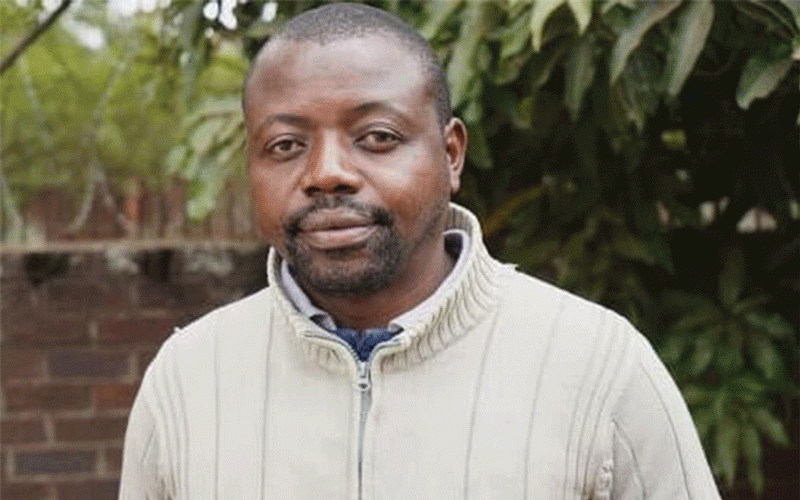
IN our NewsDay edition yesterday we carried a front-page story titled Storm brews over Heritage-based Curriculum in which the country’s teacher unions expressed serious concern that the recently proposed Heritage-based Curriculum uncomfortably closely mirrors the ruling Zanu PF party’s manifesto.
The unions are, for instance, arguing against the imposition of “heritage studies as the only compulsory subject that could educate citizens on rights, duties and obligations” because “it is not a product of broad consultation, but imposition from above for political expediency” and the subject risks rejection and premature death because its success is “heavily dependent on demotivated teachers”.
To prove their reservations, the unions cite the recently scrapped Continuous Assessment Learning Activities (Cala), a programme which involved learning activities, projects or assessment that required learners to perform, demonstrate their knowledge, understanding and proficiency. It contributed 30% to a student’s final marks, while 70% came from end of year class examinations.
Cala was mired in controversy ever since it was shoved down our throat in 2021 because it was more alien than home-grown.
We thought that its demise taught us valuable lessons, but lo and behold, here we are again travelling full circle and repeating the same mistake we made with Cala of imposing a policy and programme which has no national buy-in.
Granted, Zimbabwe is a “unitary, democratic and sovereign republic” with every right to formulate home-grown policies and programmes which it deems appropriate and suitable for its needs, but it should remain committed to being a constitutional democracy which respects all tenets of constitutionalism.
Education is among key sectors of any nation, and it is critical that whatever happens in this sector reflects what is stated in our national bible: The Constitution because education shapes the individual, family, community and nation.
Once we start diverting from the tenets of our Constitution, which “is the supreme law of Zimbabwe and any law, practice, custom or conduct inconsistent with it is invalid to the extent of the inconsistency”, we end up excluding stakeholders who constitutionally have the right to be involved in deciding on critical matters to do with national policies.
- Corruption Watch: Get scared, 2023 is coming
- Corruption Watch: Get scared, 2023 is coming
- Letters: Ensuring Africa’s food security through availability of quality seeds
- Is military's involvement in politics compatible with democracy?
Keep Reading
And, as our educators are telling us, it seems in this country there are some who now possess the sole right to decide for us and impose themselves upon us at will.
The education sector is such a critical sector that if we do not tread with care we risk destroying the unity we enjoy in our diversity that binds our “common desire for freedom, justice and equality, and our heroic resistance to colonialism, racism and all forms of domination and oppression” as espoused in the preamble of our Constitution.
What is happening in our education sector sadly and crudely reminds us of the “domination and oppression” of the colonial era when we were never given a chance to have a say in what should be taught to our children.
These are very sad moments in the life of our fledgling democracy. It does not bode well for our future as a progressive nation when some among us seek to dominate us by usurping the right to dictate how education should shape our thinking.
We then dare say: Like Cala, the proposed Heritage-based Curriculum is doomed to fail if it was not a product of national consensus.






